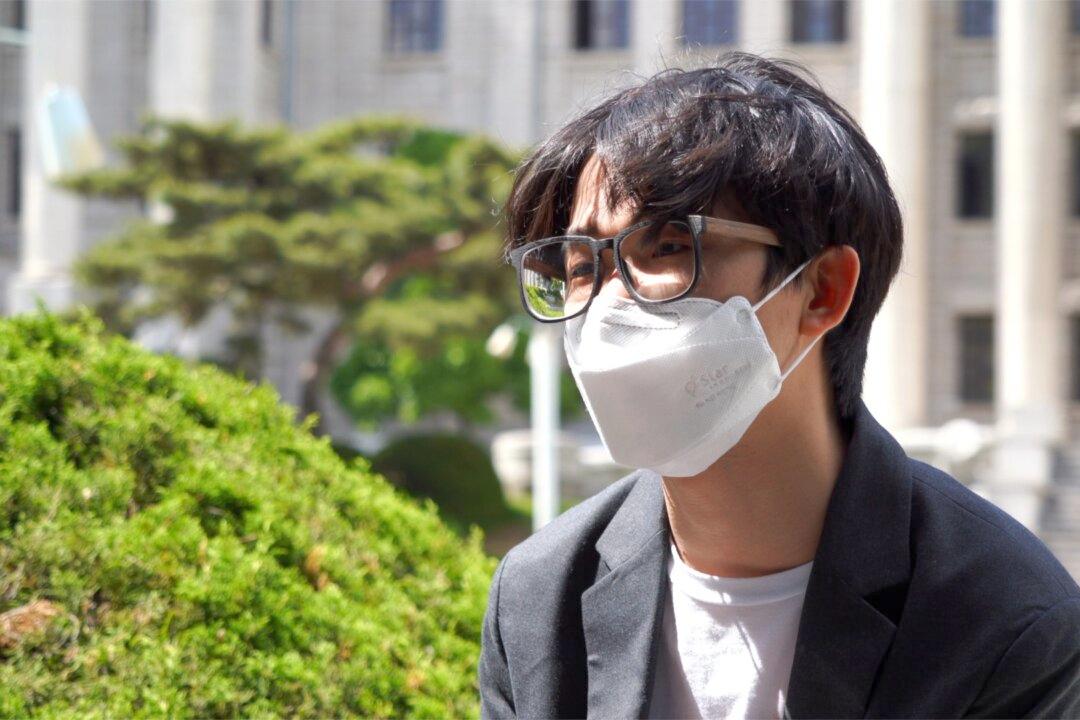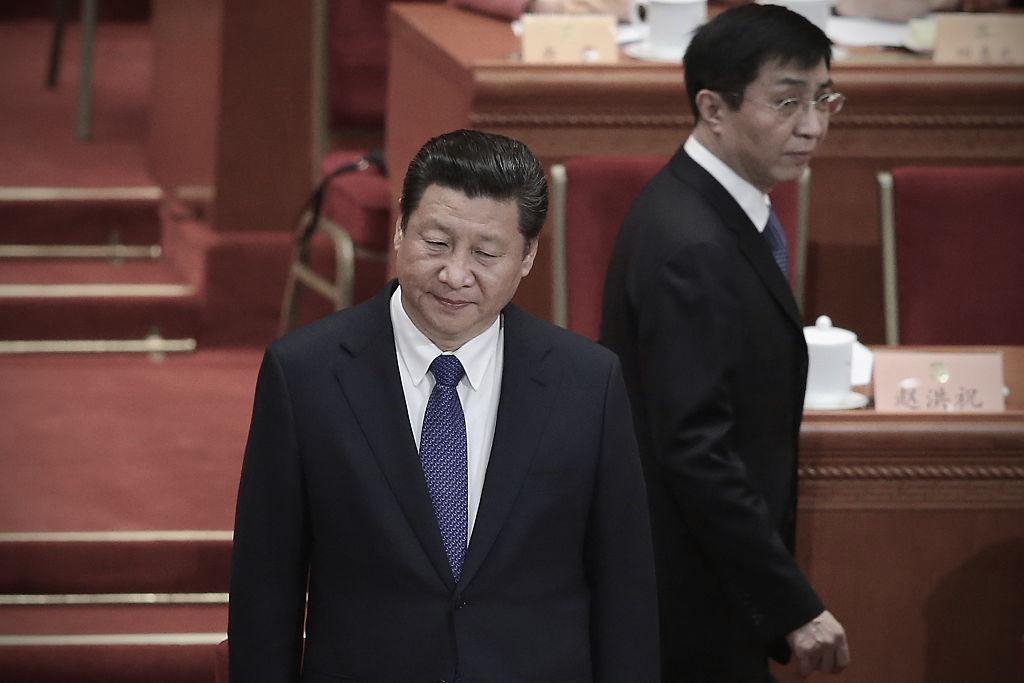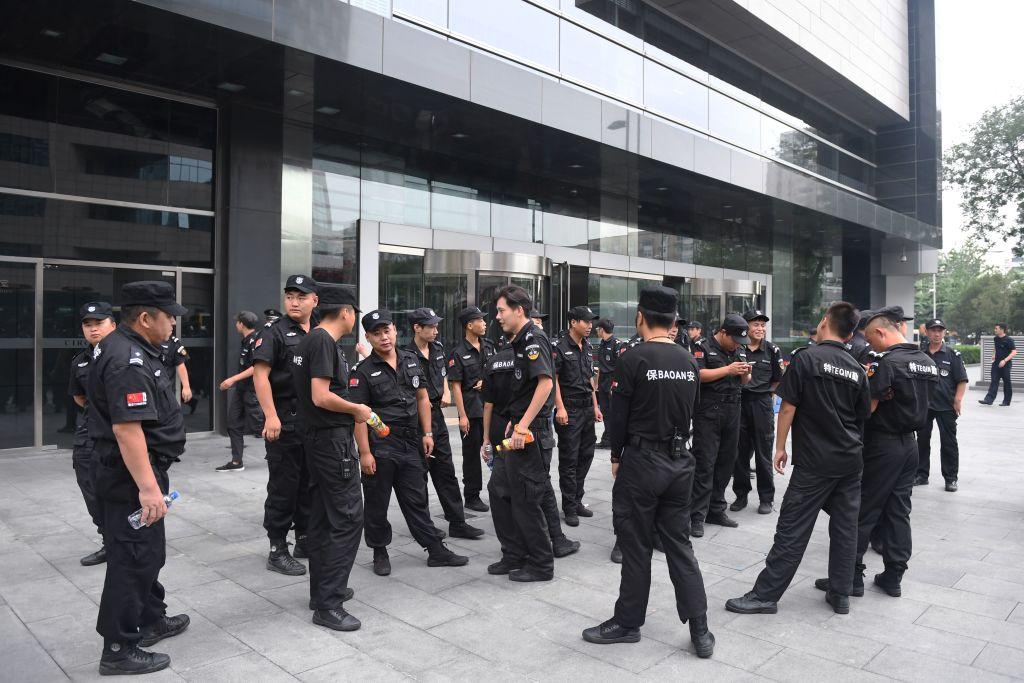After being arrested for using a VPN to bypass China’s Great Firewall, 24-year-old Chen Yuzhen (pseudonym) was finally able to flee China. In an interview with The Epoch Times, Chen shared details of his ordeal.
In the early morning of June 10, 2020, Chen, sleeping soundly, was suddenly awakened by sharp and intense knocks on the door. Several plainclothes police officers broke into his small, shared rental apartment, and started checking all of his electronic devices. Everything was turned upside down in no time.




